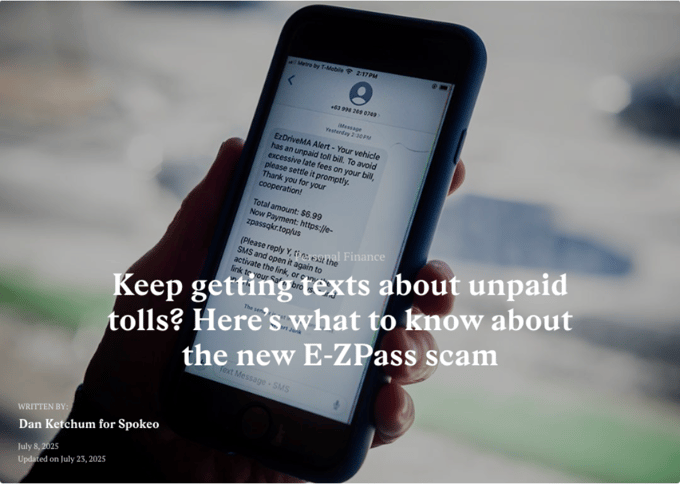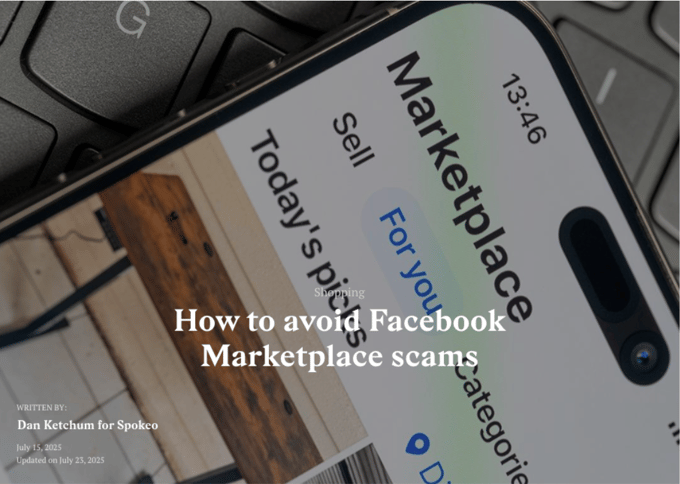As I browsed the stories that came through the Stacker Newswire in July—using our aptly named #hot-off-the-griddle internal Slack channel—I noticed a recurring theme: scams. More generally, I saw quite a few stories relating to consumer safety. Perhaps I was on high alert, as earlier in the day, I looked at my call log only to see I received 11 calls from the very same scam number before I got the chance to block it.
There will always be value for readers in stories that make them aware of potential threats and offer them advice on how they can protect themselves and those around them.

Publishers picked up this story from Spokeo on romance scams 218 times as of July 31. The romance scam is not new—it dates back to 16th-century Spain—but criminals have so many avenues to target and take advantage of those looking for love in today’s tech-filled world.
As Dan Ketchum writes for Spokeo, the Federal Trade Commission reported more than 70,000 cases of romance scams in 2022, with $1.3 billion in losses and a median loss of $4,400 per person. The story covers some common romance scams, like catfishing, military romance scams, and fake dating sites, sharing the characteristics of each type of scam and red flags people should watch for.

Around a decade ago, my grandfather, who was in his 80s, told us he’d received a phone call from my cousin saying he was in a jam and needed money. Thankfully, my grandfather was sharp and knew it wasn’t his grandson’s voice—but it was obviously a scam that worked on more than a few unsuspecting grandparents. Now, if AI voice cloning had been involved, my grandfather may have not been so sure.
In this Heimdal story on the spike in AI impersonation scams, writer Evan Ullman highlights a report from the Identity Theft Resource Center that tracked a 148% increase in impersonation scams between April 2024 and March 2025. The piece explains the technology holding up this crime, the most targeted industries, and how regulatory bodies are responding. This story has been picked up by 153 publishers so far.

This story from GoodRx had a still respectable but slightly lower network saturation rate than the first two pieces highlighted here, with 56 pickups. That might be attributed to the fact that this story is slightly more niche—if you’re not considering or already taking Wegovy, this story doesn’t have much relevance for you. Still, it brings attention to the risks that come with any counterfeit drug, whether it is weight loss injections or any other medication.
Here are several more articles that hit the wire in July, focusing on scam awareness and issues facing consumers.






Kristen Wegrzyn is an experienced editorial leader and content strategist with over seven years at Stacker, where she currently serves as Copy Chief. With a career spanning roles in editing, writing, and digital marketing, Kristen has a track record of producing high-quality, engaging content across industries—from financial services to skincare and lifestyle. She holds an MSc in Magazine Publishing from Edinburgh Napier University in Scotland, and a BS in Journalism from Illinois State. Known for her editorial precision and collaborative spirit, Kristen excels at turning complex information into compelling stories that resonate with readers and deliver value for brands.
Photo Illustration by Stacker // Canva








